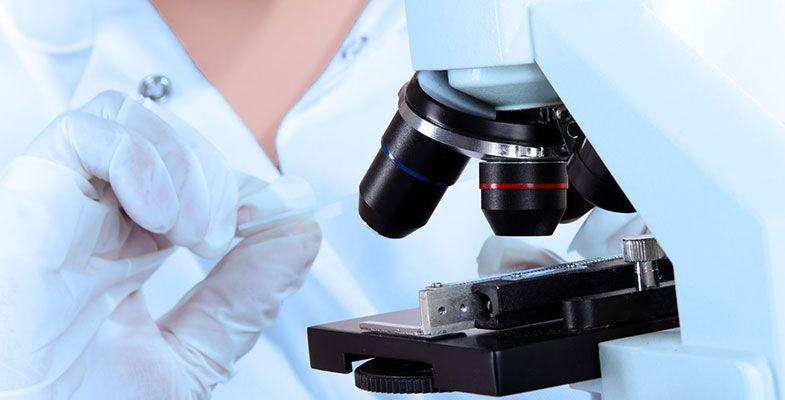Research and innovation
Innovation is an important part of working life for pathologists and scientists, as they look for ways to deliver services more effectively and efficiently for the benefit of patients. A lot of innovative practice is not formally recognised – except by local clinicians and patients – but is no less valuable than work that receives national recognition.
Research activities are likely to be more formal – but whether projects are small and unfunded, or a national or international collaboration, they help to satisfy the innate curiosity of pathologists and scientists and the desire to improve public health. The potential impact of new discoveries can be huge, as exemplified by the 2005 Nobel Prize award for the discovery of Helicobacter pylori to a pathologist, Robin Warren.
How we support research and innovation
- The Research Committee – Our Research Committee coordinates various aspects of research, helping to foster the development of academic posts within pathology in the UK, facilitating greater public support for academic pathology and seeking funding to support these activities.
- The College’s academic and research strategy – Our strategy provides a framework within which we can capture the wide range of research activities undertaken by trainees and Fellows, and describes the opportunities at undergraduate and postgraduate levels for engagement in research.
-
RCPath has endorsed and signed up to the National Institute for Health Research's (NIHR) Associate Principal Investigator (PI) scheme. This provides an excellent opportunity for trainees, consultants, nurses, and AHP's to gain formally-recognised experience of clinical trial research. More information can be found on the NIHR website. If you have any other questions about the scheme, please email the Associate PI Scheme team.









